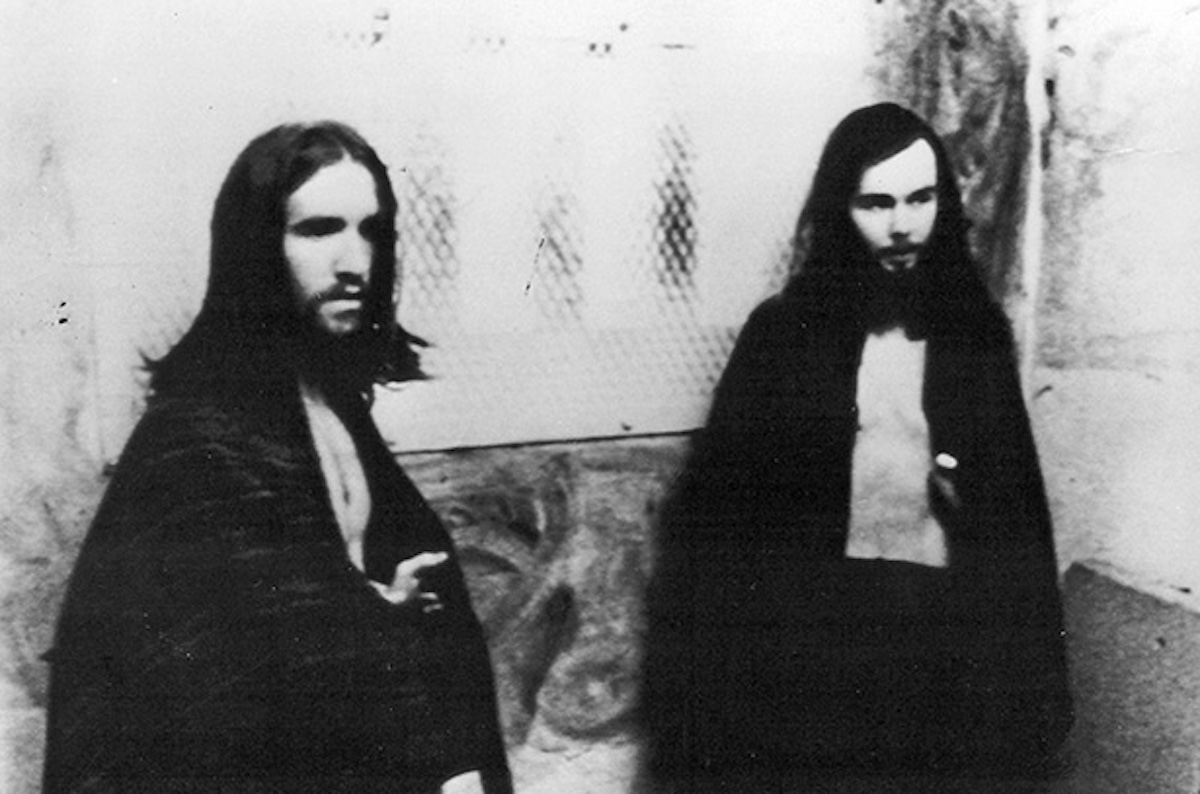
Almost 100 former prisoners have issued proceedings against the current British Direct Ruler in connection with their detention.
Fifty nine internees and 40 prisoners who were ‘on the Blanket’ in the 1970s have launched the legal challenges, with the internees citing false imprisonment, and the Blanket protestors alleging they were victims of institutional abuse.
Almost 2,000 people, almost entirely from nationalist areas, were jailed without charge between 1971 and 1975 as a result of the British policy of internment without trial in an attempt to suppress republicanism.
Fra McCann, a former republican prisoner and retired Sinn Féin Assembly member, was among those interned.
In an interview last week with UTV, he said that he remembers the time as a traumatic one, and that as some prisoners have died without ever finding out why they were jailed, and that he does not wish to be one of them.
“I was in and out of prison for most of the 70s.
“And the area I live in, which is more commonly known as Divis Flats, was constantly patrolled by British soldiers - they had cameras all round it.
“You were constantly stopped. You were assaulted, insulted.
“It was just a constant campaign of terror against the local community, where people could be taken off the street, brought to centres, beaten and then maybe released after hours or days.”
He continued: “There’s quite a lot of trauma, just even thinking back to that period of time.
“Nobody has explained to me or any other internees for that matter, why they were arrested from their homes, why they were brought in and interned, and why they were denied their liberty.”
Forty former prisoners involved in the ‘Blanket’ protests have also launched legal action against the British Direct Ruler and the North’s prison authorities over mistreatment and institutional abuse.
The term refers to a period between 1976 and 1981 when dozens of republican prisoners took a stand against the policy of criminalisation, which meant IRA prisoners were to be treated as criminals rather than prisoners of war.
Before 1976, prisoners did not have to wear uniforms or carry out prison work. So, when the new policy began, those impacted refused to wear the prison-supplied clothes, instead wearing only their bed blankets.
An independent panel examining the treatment of the protestors during that time found “overwhelming evidence of torture, inhumane and degrading treatment directed at Republican prisoners”, with the frequency and severity of the abuses establishing “deliberate intent”.
The human rights lawyer leading the action, Padraig Ó Muirigh, said: “There was an independent, an international panel which made 47 findings in relation to that period and that prison struggle.
“The findings included physical abuse, psychological abuse, the use of food as punishment, and the inadequate medical care of prisoners, male and female, in the Armagh prison, in Long Kesh, and Crumlin Road jail as well.”
![[Irish Republican News]](https://republican-news.org/graphics/title_gifs/rn.gif)
![[Irish Republican News]](https://republican-news.org/graphics/title_gifs/harp.gif)

